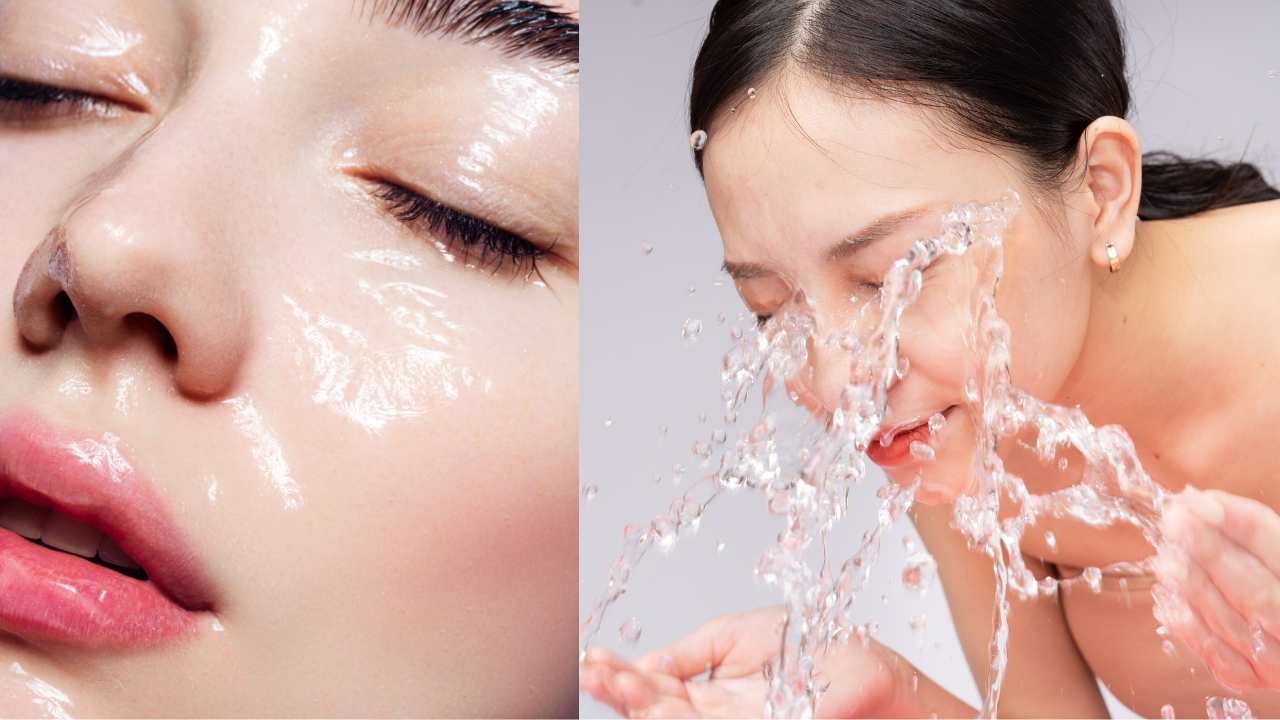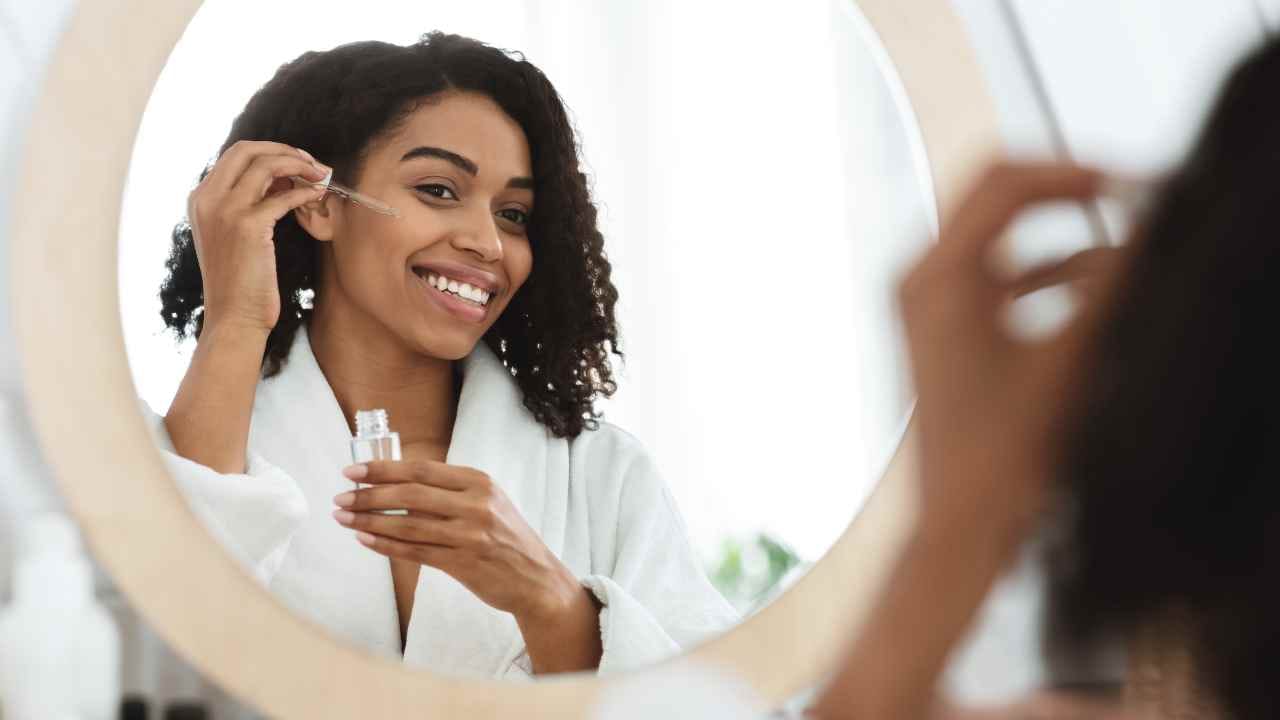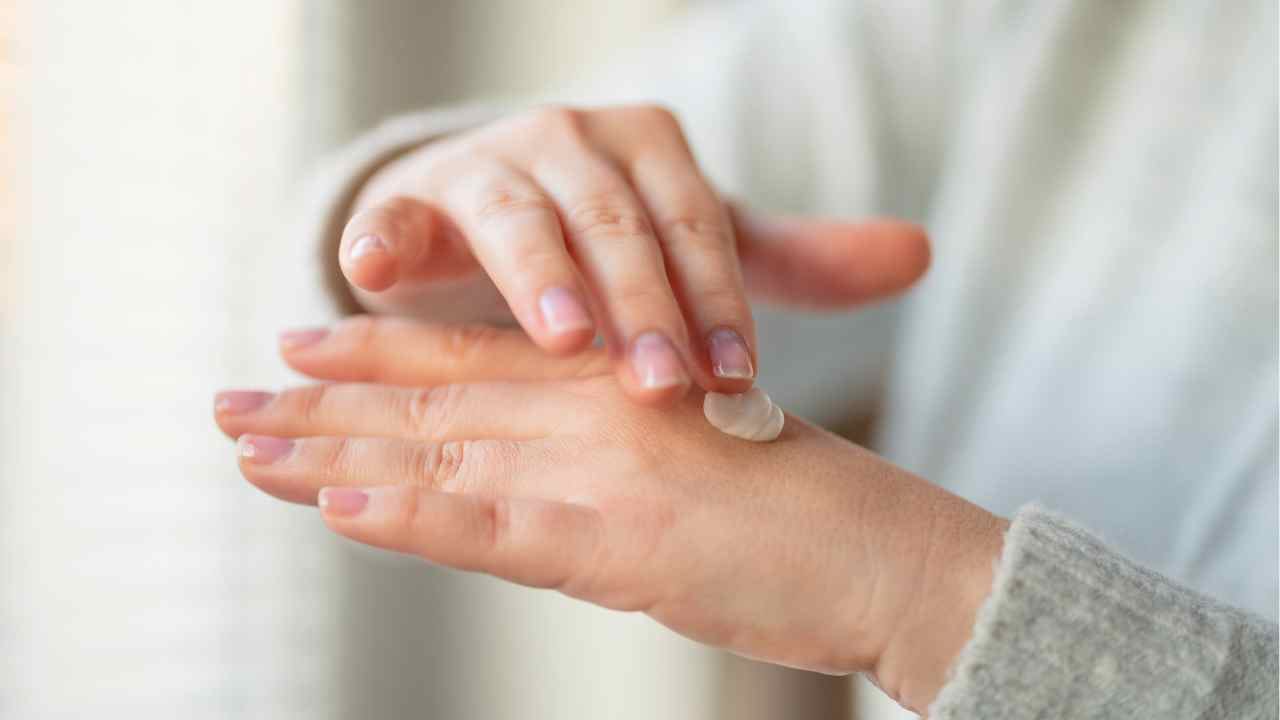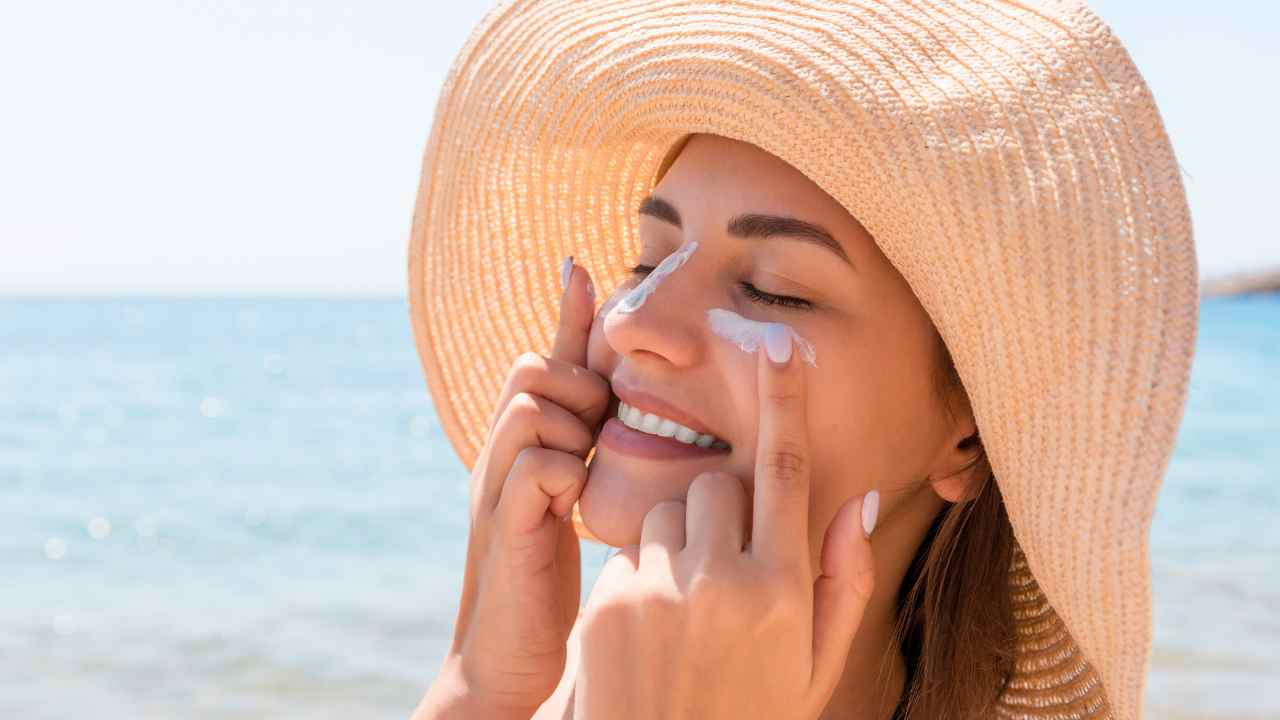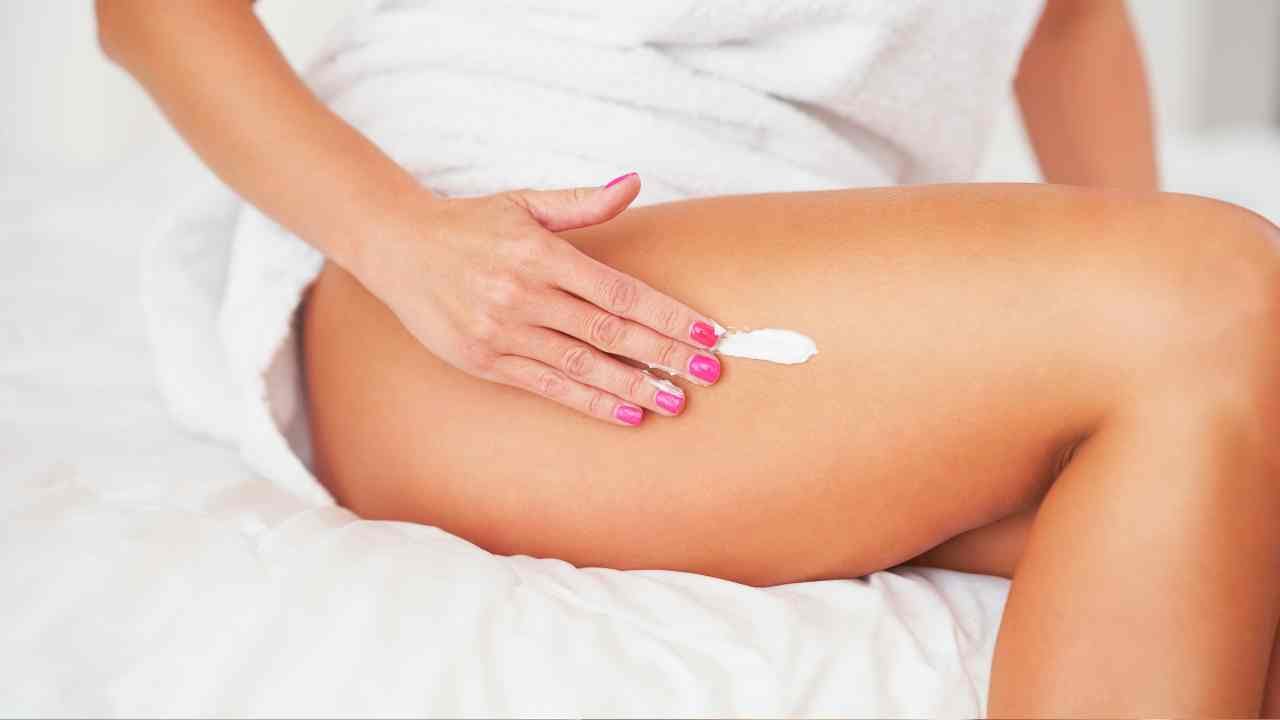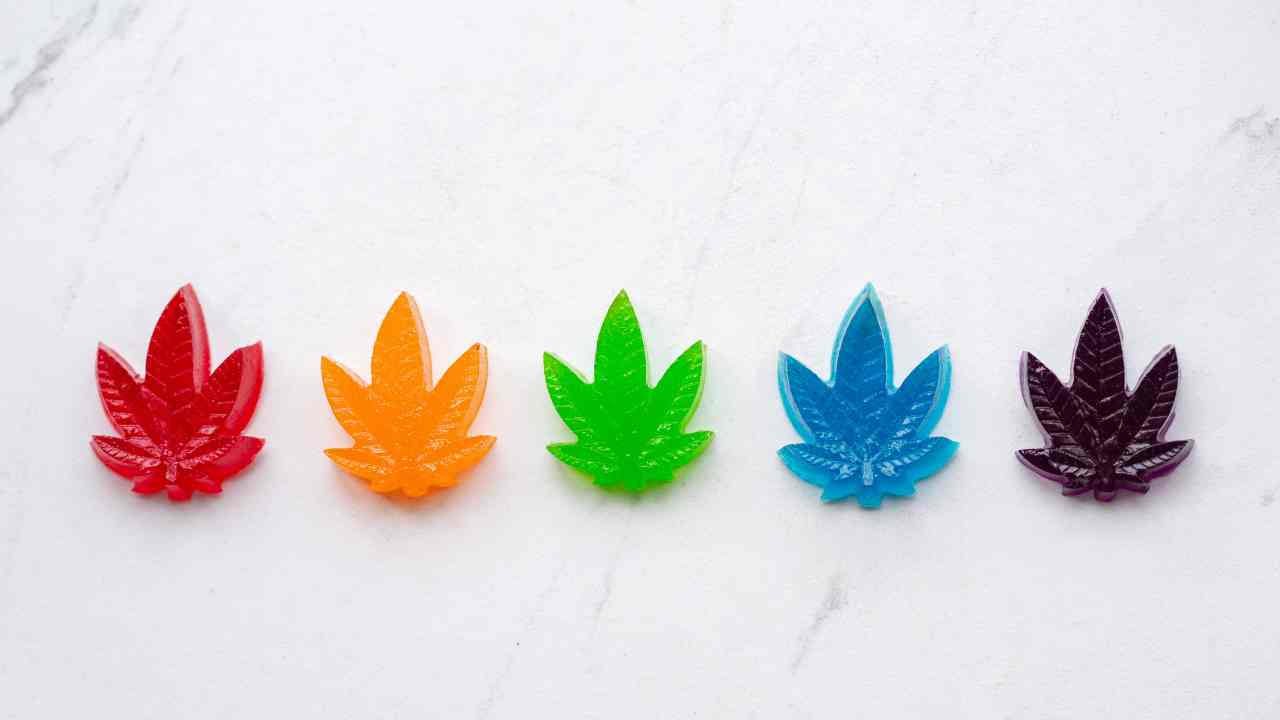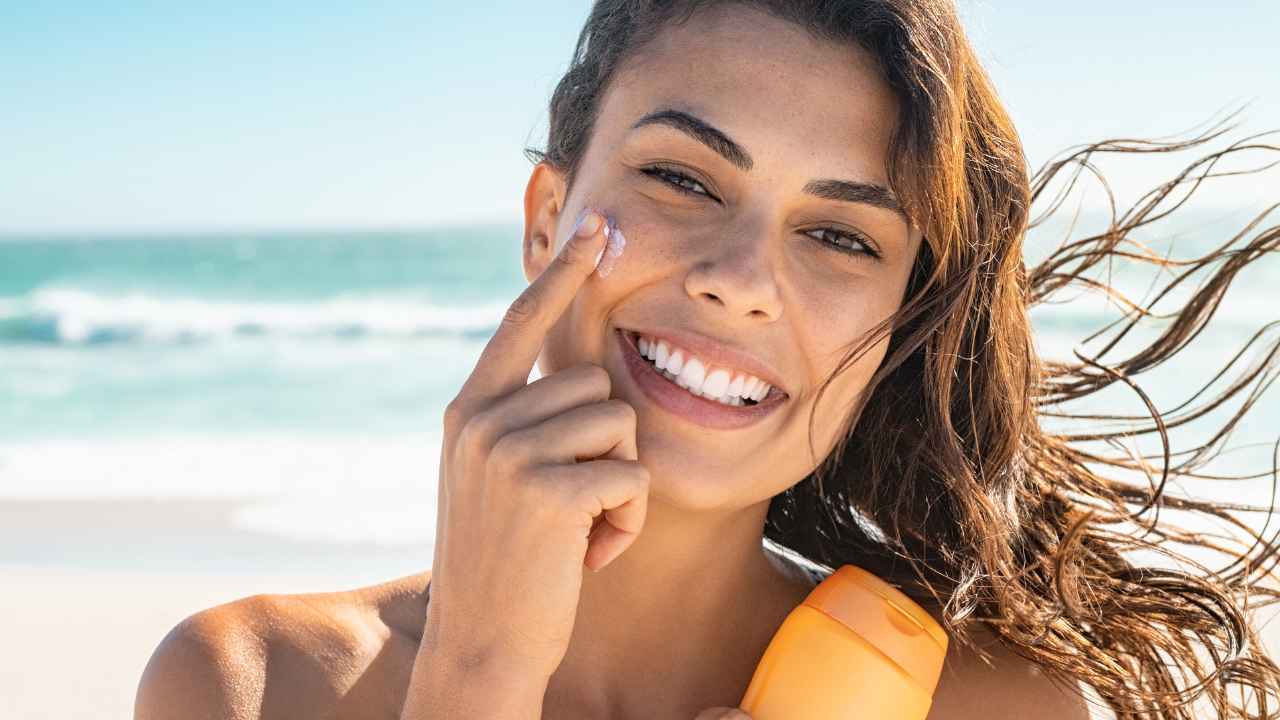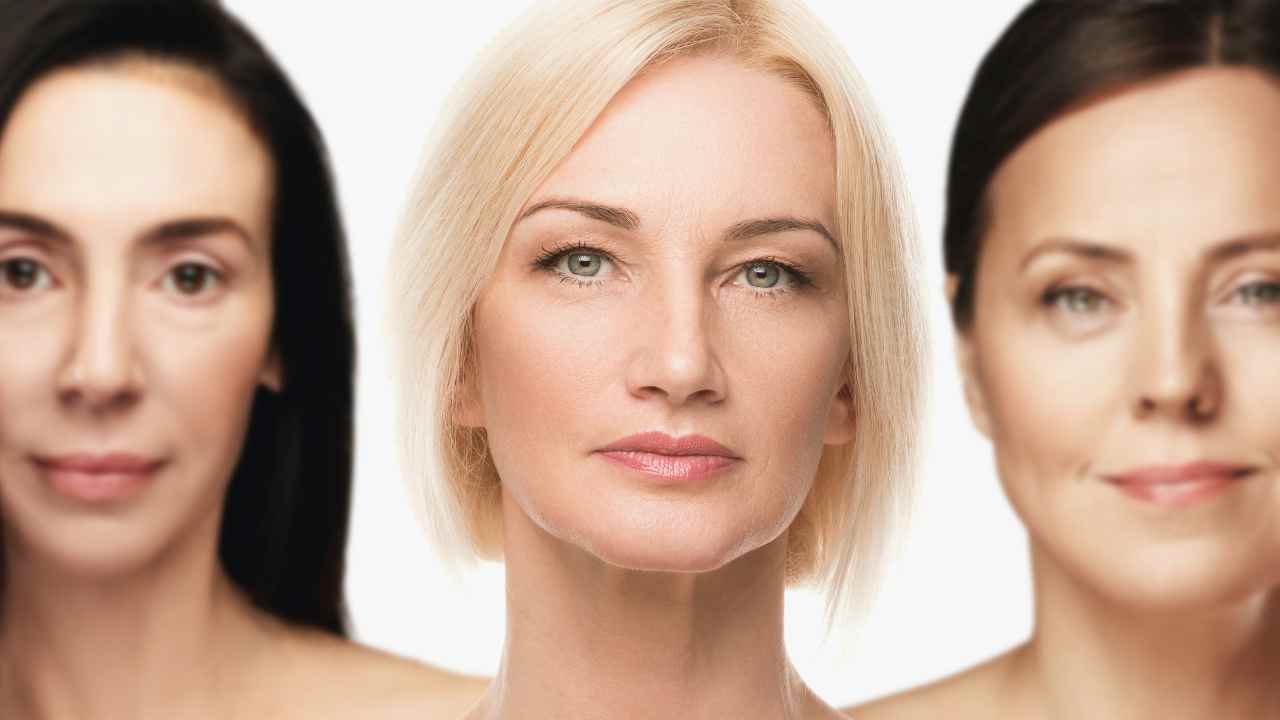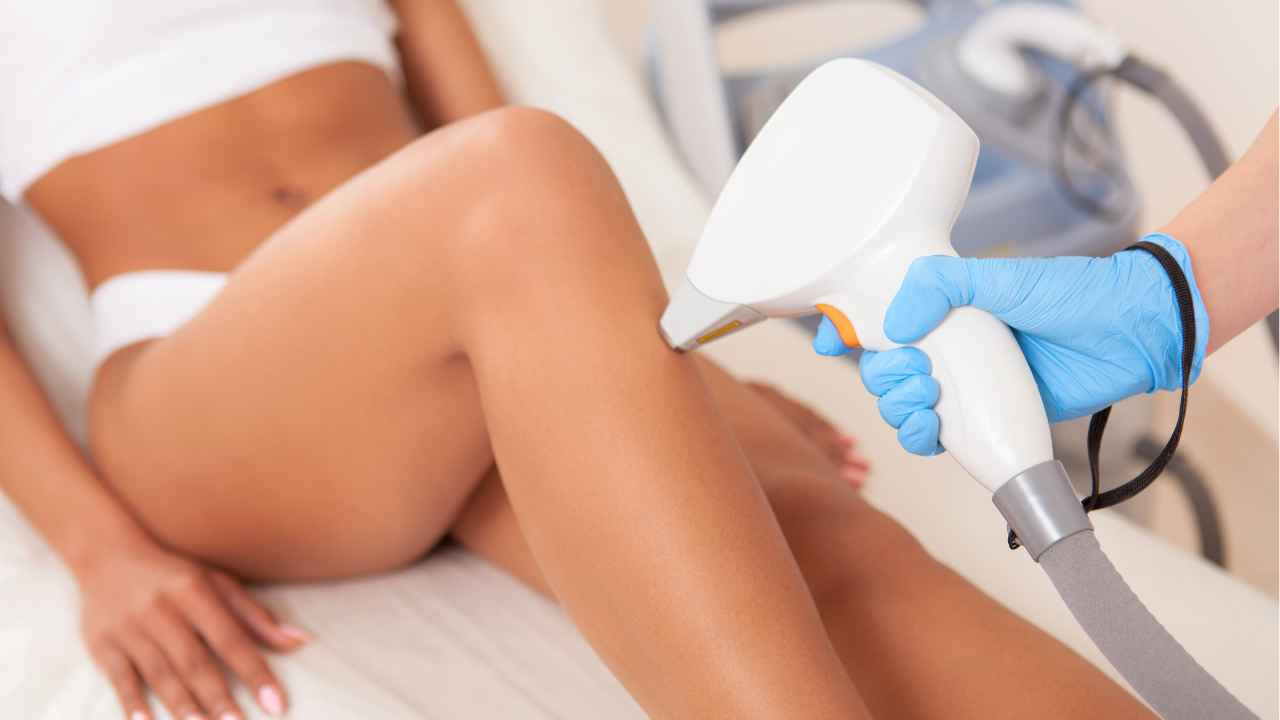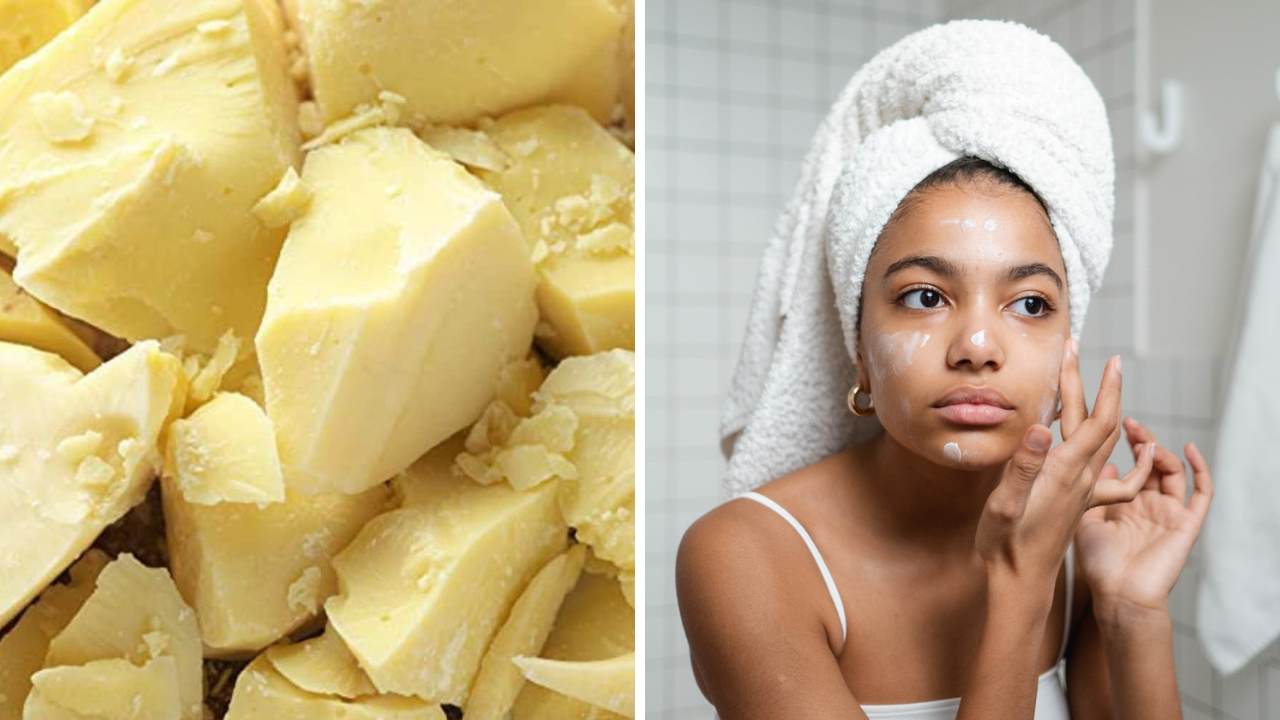
Does Cocoa Butter Clog Pores? Fact or Myth?
Have you ever wondered can cocoa butter clog your pores? It's a question we've all asked ourselves at one point or another.
After all, when it comes to our skin, we want to make sure that the products we use are providing us with benefits and not potentially causing harm.
So, let’s dive into this topic and get answers ASAP!
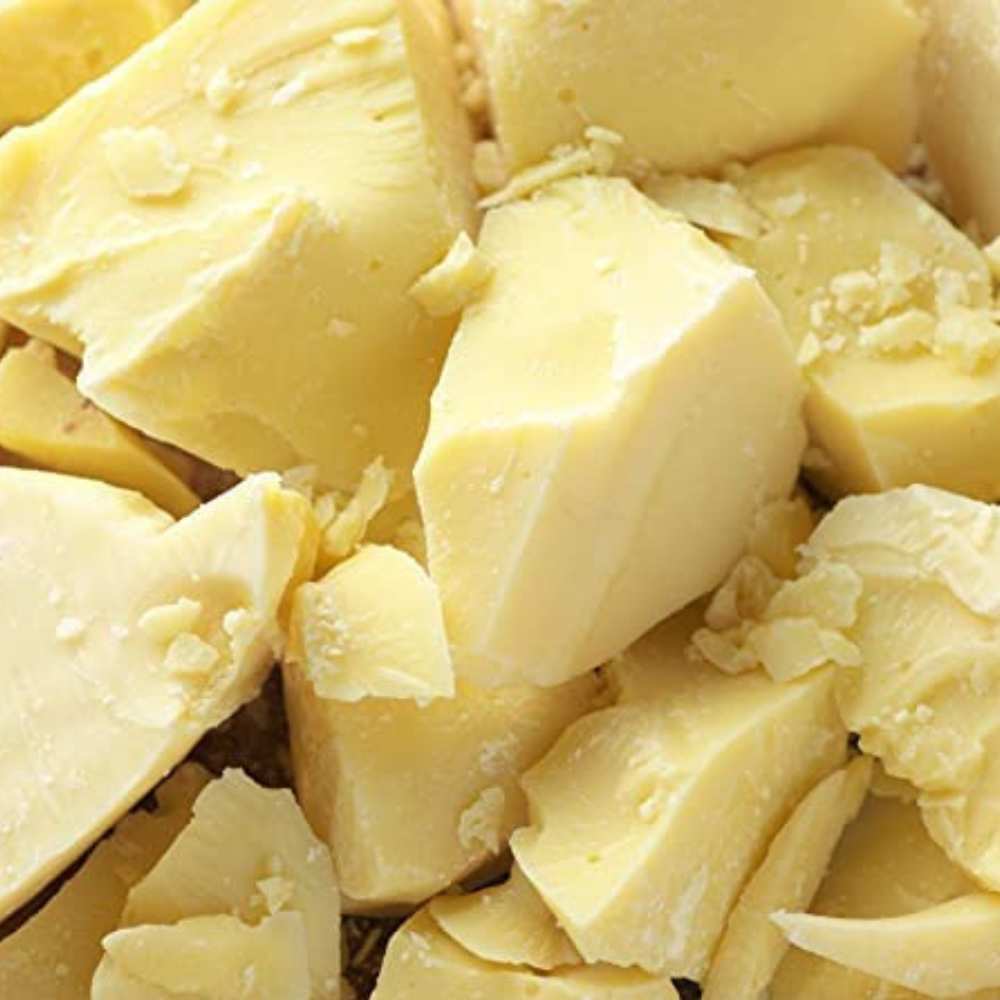
What is Cocoa Butter Anyway?
Cocoa butter is a type of vegetable fat extracted from the cocoa bean. Cocoa beans have been used for centuries as an ingredient in various skincare products due to its moisturizing and nourishing properties.
In addition to its hydrating powers, cocoa butter also possesses natural healing agents that help reduce inflammation and promote cell regeneration.
As a result, many beauty brands have chosen to include it in their formulas for everything from lip balms and body lotions to face masks and body oils.
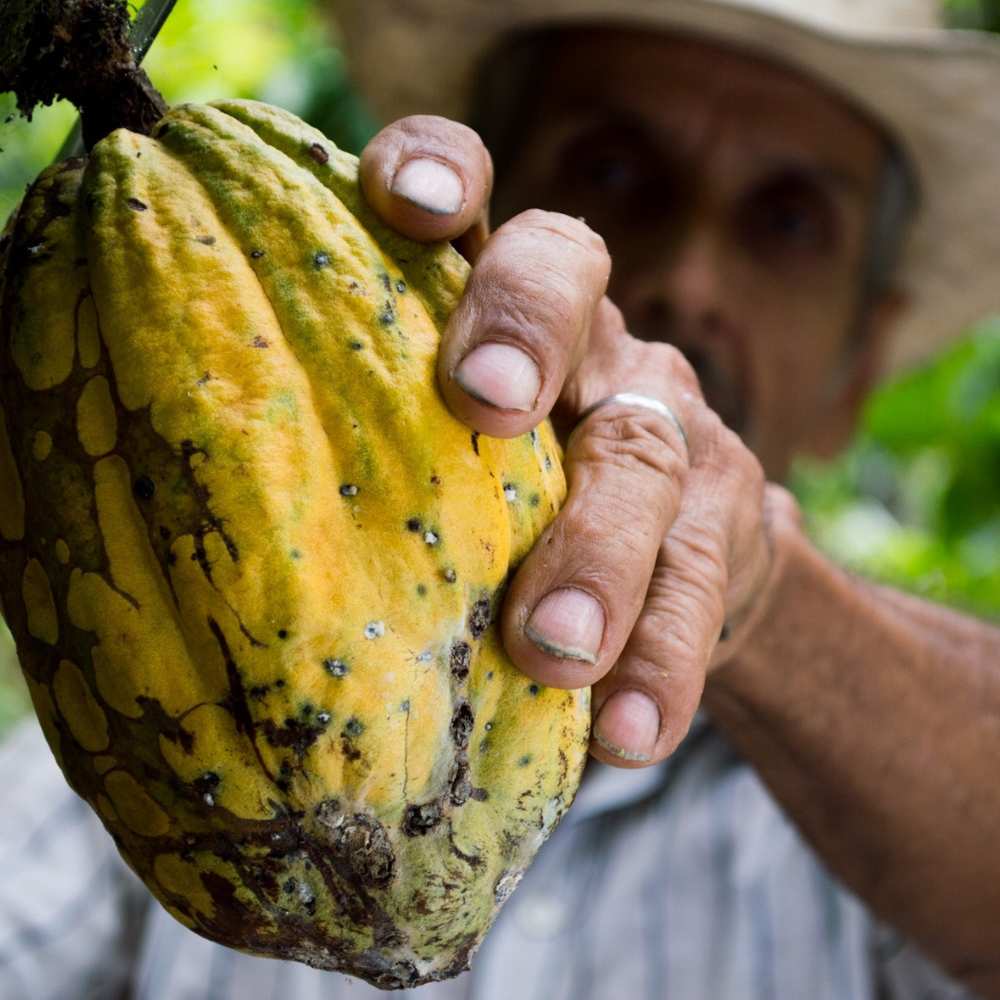
Where Does Cocoa Butter Come From?
Cocoa beans are grown mainly in tropical climates like parts of South America and West Africa. The pods that grow on these trees contain the beans that are then harvested.
How is Cocoa Butter Made?
Cocoa butter is made from cocoa beans through a process called hydraulic pressing.
The beans are first roasted and then ground into a fine paste, which is then heated to separate the cocoa solids from the fat. The fat that remains is the cocoa butter. The rest is made into cocoa powder.
To make skin cream, cocoa butter is melted down and combined with other ingredients such as oils and emulsifiers to create a smooth, creamy texture.
This mixture is then cooled and packaged for use in various skincare products like lotions, balms, and moisturizers.
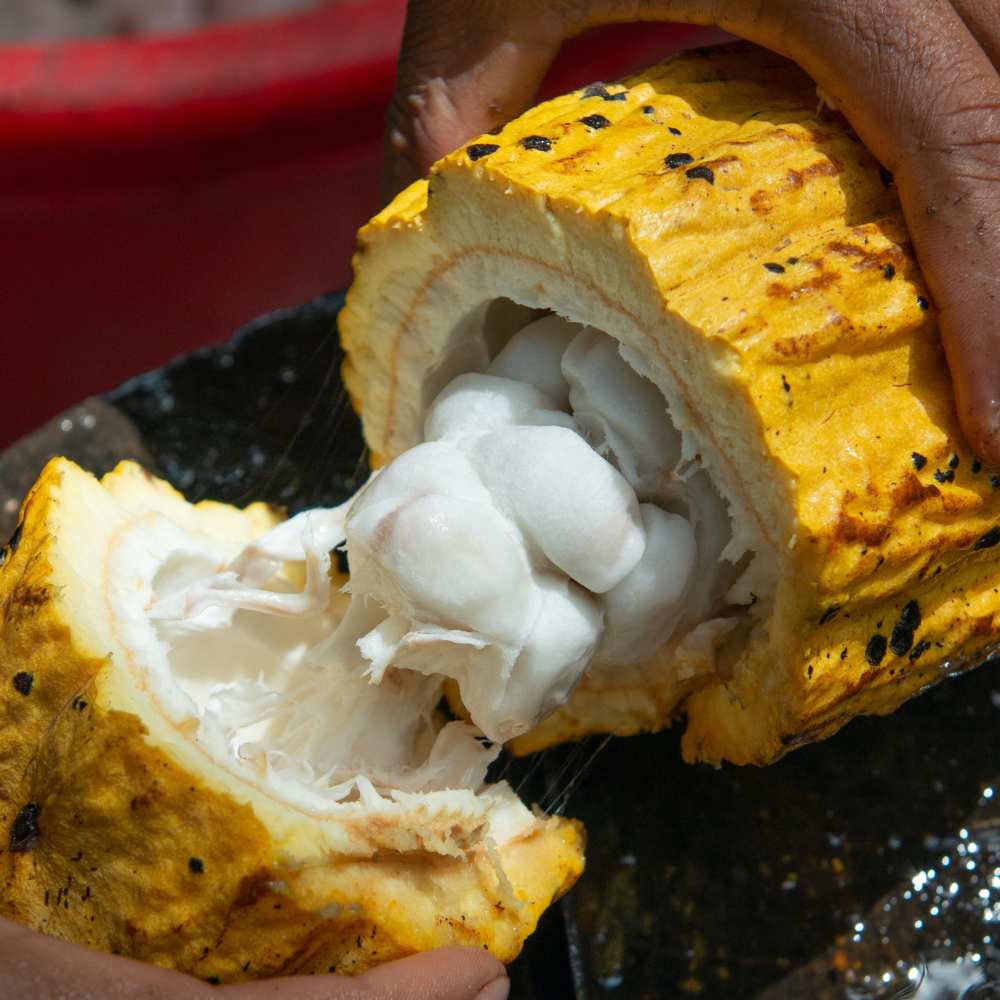
Benefits of Cocoa Butter for the Skin
Cocoa butter is an excellent source of moisture for skin because it helps keep your skin hydrated without feeling greasy or heavy on the surface.
When you apply cocoa butter, it also helps improve elasticity and softness while reducing signs of aging such as wrinkles or fine lines.
And because cocoa butter has anti-inflammatory properties, it can help soothe redness caused by irritation or sensitivity while leaving your complexion looking healthy and glowing.
Additionally, research suggests that topical application of cocoa butter may even help reduce the appearance of stretch marks and scars over time!
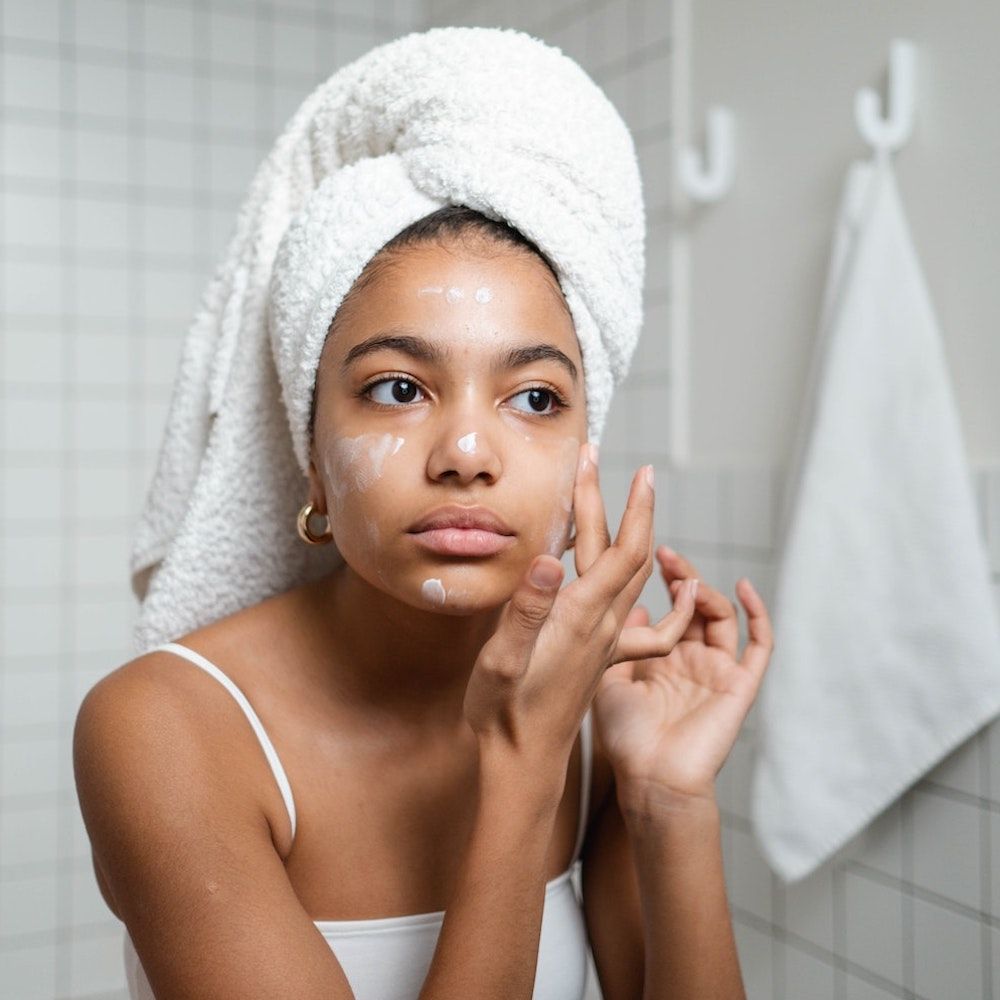
Is Cocoa Butter Good to Put on Your Face?
Yes, cocoa butter can be a great idea to put on your face.
While it may not be for everyone, there are certain benefits that make it worthwhile for some people.
First off, cocoa butter is rich in antioxidants and anti-aging properties which can help reduce wrinkles and fine lines over time.
It also has skin softening qualities as well as helps protect skin against free radical damage from environmental toxins.
Cocoa butter is also known to boost collagen production which helps provide a more even complexion and firmer looking skin with regular use.
Additionally, the fatty acids found in cocoa butter have emollient properties that provides the necessary hydration needed to keep skin soft, supple and nourished without clogging pores or leaving an oily residue behind.
It's Not for Everyone
Before putting any type of product onto your face you should always research the ingredients thoroughly to ensure they are suitable for your particular skin type (e.g., acne prone skin or sensitive skin) since this will determine if it is right for you or not.
If you are trying to treat acne then this moisturizer is probably not for you. However, if you are trying to treat acne scars, that is a different story. Cocoa butter is excellent for healing scars.
In addition you should never leave cocoa butter on overnight as this could lead to breakouts due to its thicker consistency trapping dirt and oil underneath your chin or jawline where sweat accumulates during slumbering hours!
If added hydration is what you’re after then opt instead for lighter weight oils like rosehip oil, squalane oil, jojoba oil, grapeseed oil, or even olive oil. They are ideal for both day and night applications depending on whether you have dry skin or oily skin.
Avocado oil is one notch better on the comedogenic scale, making it better than cocoa butter, but not by much.
While coconut oil and cocoa butter have exactly the same comedogenic rating.
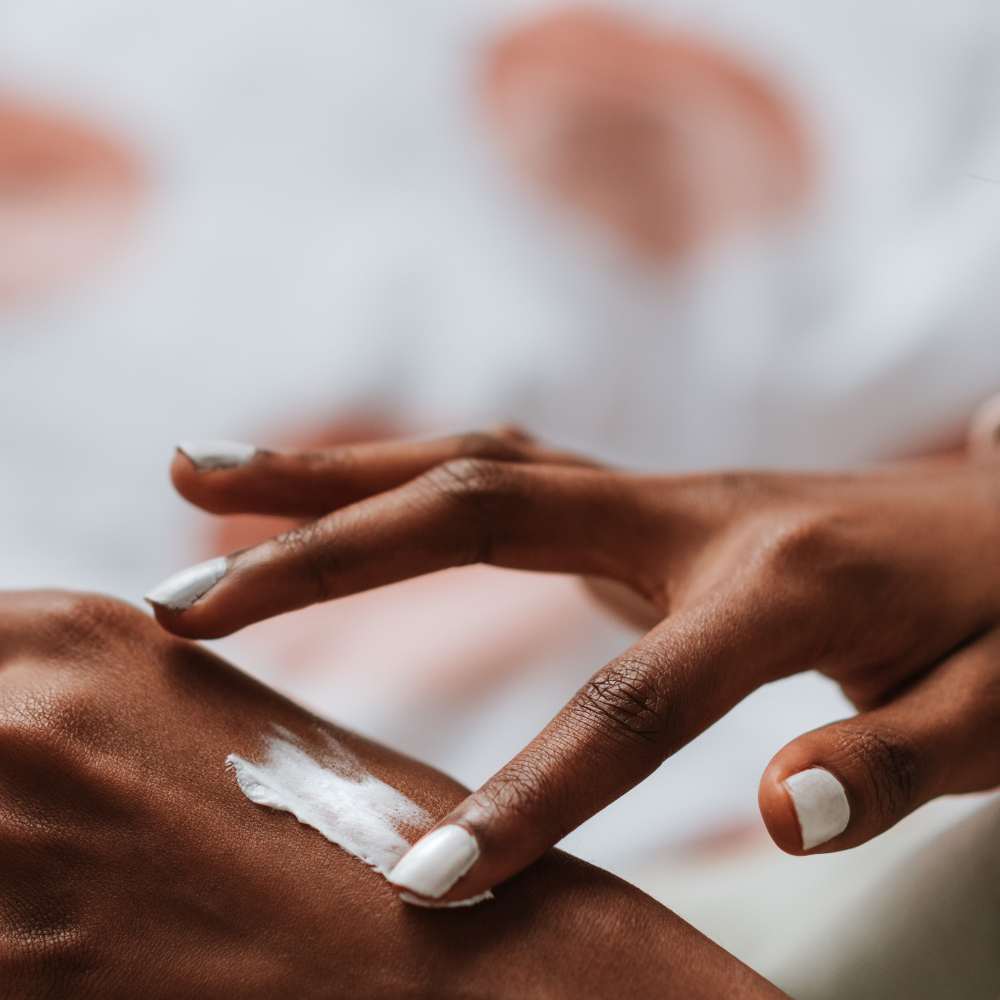
Which Is Better for Dry Skin, Shea Butter or Cocoa Butter?
The debate of shea butter vs cocoa butter for dry skin is always a heated one! It really depends on your individual needs, as both have their own benefits.
Cocoa butter has a large variety of fatty acids which are tremendous moisturizers and provide antioxidants to the skin.
This makes it great for fighting off free radicals that can cause premature aging. Additionally, cocoa butter has natural SPF protection to help block out some UV rays from the sun!
Shea butter also offers many beneficial components, mainly due to its emollient properties. It can easily penetrate the epidermal layer and give moisture back into deep layers of the skin which helps with long-term hydration.
Additionally, it contains vitamins A & E along with antioxidant properties that are known to support sun damage repair and cell regeneration in order to help keep your skin looking fresh and healthy!
So if you're trying to decide between these two butters, think about what you would like most from a product: anti-aging protection or hydration?
If you want an all-rounder that does both then try combining them together - mix equal parts shea butter and cocoa butter together until they form a homogeneous mixture (you may need more/less depending on preference). This could be just what your dry skin needs.
If you have dry, irritated skin, it is also best to stay away from very hot water temperatures. Choose warm water instead.
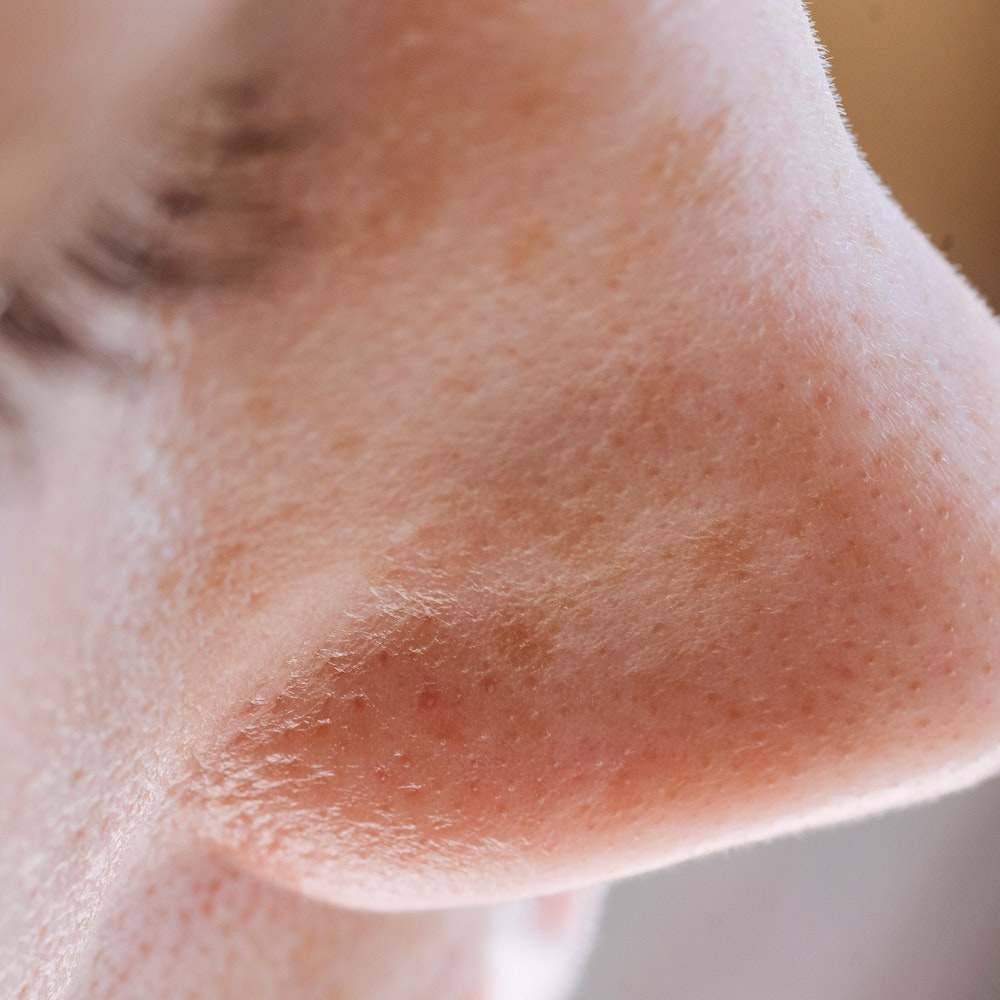
Does Cocoa Butter Clog Pores?
So, does this natural ingredient clog pores? The short answer is no.
Cocoa butter does not clog pores; however, cocoa butter is considered to be mildly comedogenic, which means it has the potential to clog pores and cause breakouts for some individuals.
However, its comedogenic rating is relatively low compared to other common skincare ingredients. It's always a good idea to patch test any new product on your skin before using it all over your face or body.
Also if other ingredients are added that are known to clog pores such as mineral oil or petrolatum.
So while cocoa butter itself won't cause breakouts, it's important to check the label of whatever product you're using to make sure it doesn't contain any pore-clogging ingredients in addition to cocoa butter.
Go Butter Yourself
All in all, cocoa butter is an amazing ingredient that packs a punch when it comes to providing moisture to your skin barrier and nourishment for your skin tone — without having any negative effects like clogging your pores!
It's important to remember that while cocoa butter itself won't cause breakouts, some products may include additional ingredients that may be comedogenic so always read labels carefully before purchasing any new skincare products with cocoa butter listed as one of the ingredients!
Before you apply any moisturizer to your face, it's important to exfoliate dead skin cells away first so that the moisturizer can work better for your skin health and texture.
With that said, why not give this incredible ingredient a try today and see how much softer and smoother your skin can become? You might just be surprised at how well cocoa butter works for you!
If you're concerned about pore health, we recommend a good pore cleanser for clogged pores! Tap the button below for our list of the best pore cleansers you can shop online.



